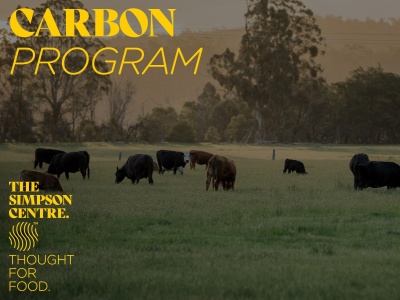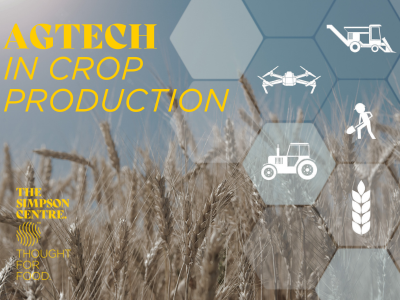Can we have our beef and reduce methane too?

Watch the Webinar
Can we have our beef and reduce methane too?
Reducing methane emissions is seen as the most effective way to meet international climate commitments. Agriculture in Canada accounts for 30% of all methane emissions, with 70% originating from beef production. How is the industry meeting this challenge with innovative ways to reduce methane emissions?
In this webinar, we’ll explore where the beef industry is now and where it’s heading in the near term to meet Canada’s climate goals. What does low emission beef production look like? What will it look like? We’ll explore the role of feed additives in low emission production, and options for both natural and synthetic products. What is being done to develop these products and technologies? What are some of the policy challenges in bringing these options to market?
Speakers:
- Maik Kindermann, Director Innovation & Head R&D Bovaer, DSM Nutritional Products
- Tamara Loiselle, Founder and CEO, Synergraze Inc.
- Anne Wasko, Marketing Analyst, Gateway Livestock Marketing Inc.; Former Chair, Canadian Roundtable for Sustainable Beef
Moderator:
- Shawn Wiskar, Policy Analyst, Simpson Centre, The School of Public Policy
There is no cost to register. The webinar will be hosted via Zoom. Please feel free to share this invitation with colleagues that may be interested.
Contact us at sppcomm@ucalgary.ca with any questions.
The Simpson Centre mobilizes research for better policymaking and decision-making to realize a more sustainable agricultural industry. Strengthening the sustainability of agri-food and agribusiness means increasing food production to feed a growing global population, while attending to social and health impacts and the natural environment. We connect researchers, everyday people, industry stakeholders and government actors to scientific issues critical to the future of Canada’s agricultural and food system.


